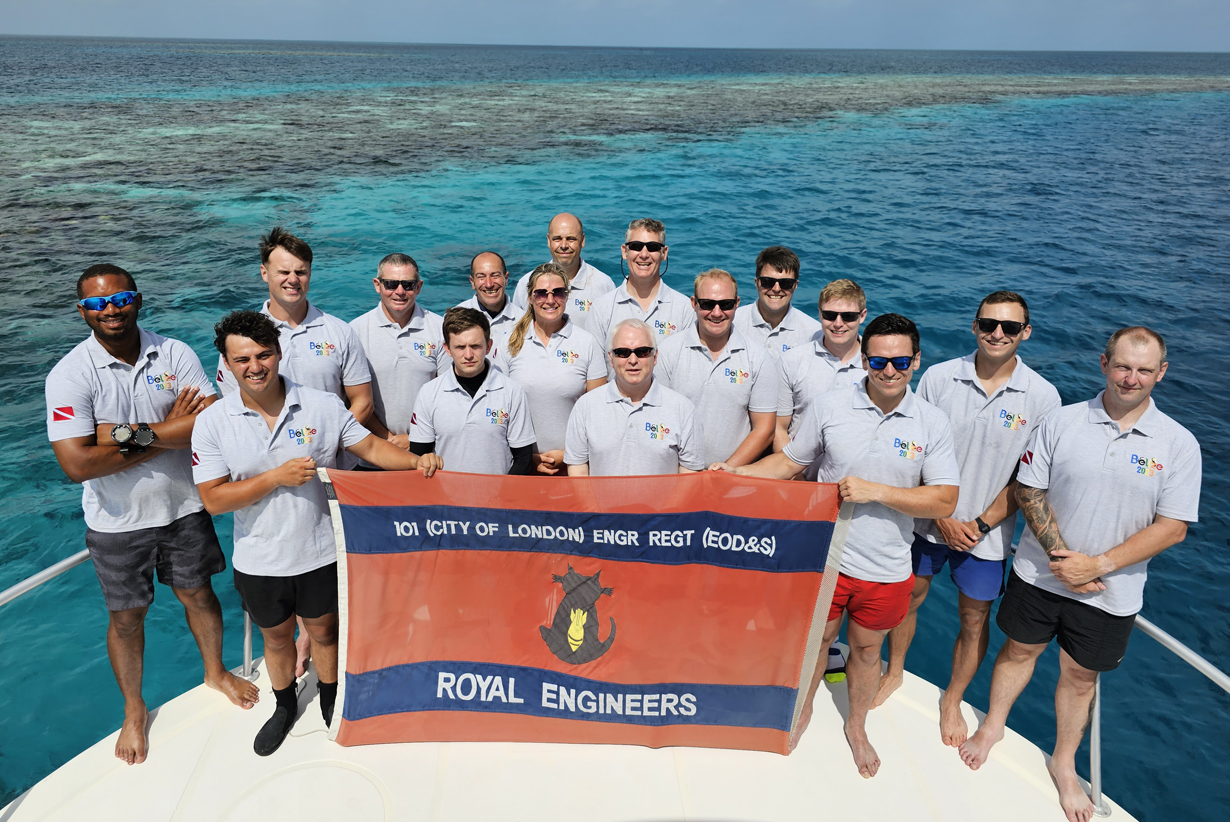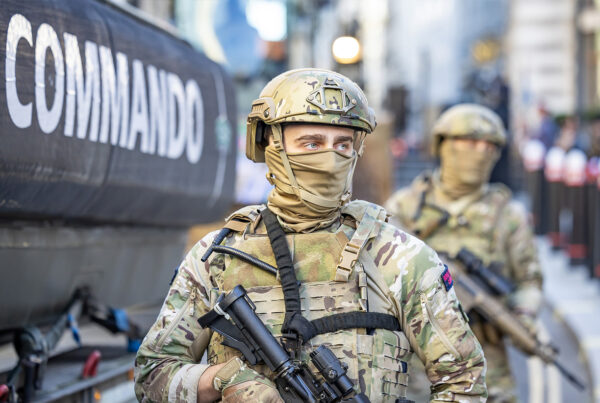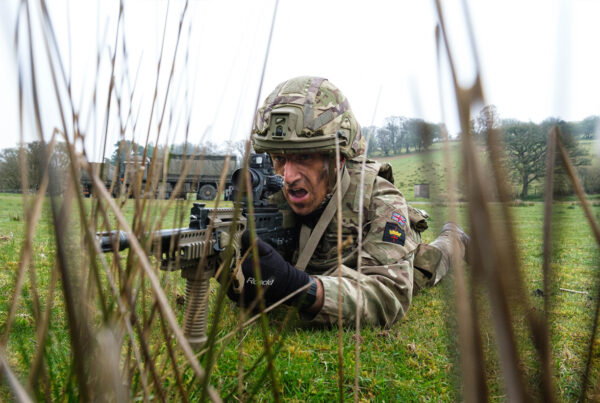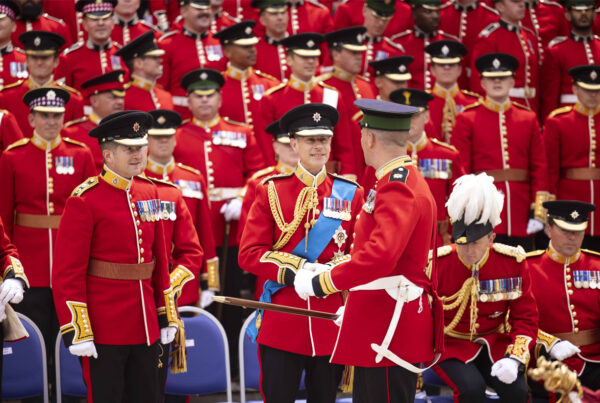In July 2023, an intrepid team of 16 members from 101 Engineer Regiment Explosive Ordnance Disposal & Search and 75 Engineer Regiment embarked on an extraordinary adventure to Belize. The group, with its range of ranks and skill levels, saw Sappers and Junior Officers undertaking Ocean Diver and Advanced Ocean Diver training, while SNCOs and NCOs pursued qualifications as Sports Divers, Dive Leaders, and Advanced Divers.
Exercise Dragon Blackcat Belize provided a gateway for the team to deploy to Saint George’s Caye, home of the world’s second-largest barrier reef, for comprehensive BSAC diver training. Facilitated by generous support from Greater London and City of London RFCA, the expedition aimed to bolster diving proficiency, and to kindle an interest in marine conservation, foster leadership across all ranks, fortify resilience, and subject the participants to stress conditioning in a unique environment.
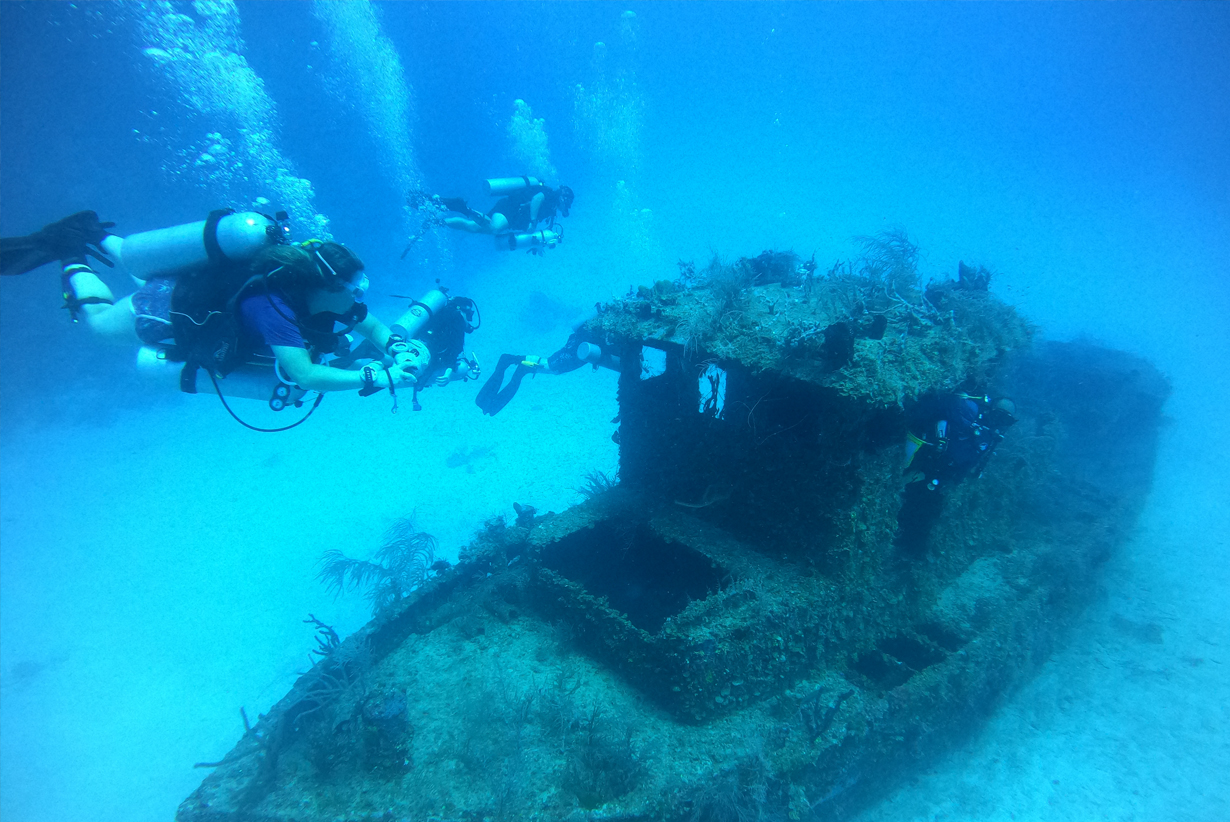
Capt Damian Gascoyne MBE, Dive Instructor and PSAO 350 Fd Sqn, saw participants progress from having no qualifications to proficiently diving at the Blue Hole, a globally renowned diving site. As diving officer and lead SADs for the expedition, Capt Gascoyne, with expedition leader and deputy-SADs, Capt John Andrews, played a pivotal role in the success of the venture.
Seven team members attained the prestigious BSAC Advanced Ocean Diver qualification, equipping them to navigate depths of 30m. Their journey involved meticulous planning for dives under varying conditions, understanding the risks associated with deeper diving, and mastering techniques to address decompression illness, oxygen toxicity, and nitrogen narcosis. They deployed delayed surface marker buoys, honed underwater navigation skills using pilotage and compass bearings. Starting out as unqualified trainees, they are now capable of undertaking dives under the supervision of a dive leader.
Sapper Farmer, now an Advanced Ocean Diver, remarked on the expedition’s impact on team working skills and leadership potential, citing the responsibility of delivering pre-dive safety briefs as a significant developmental milestone.
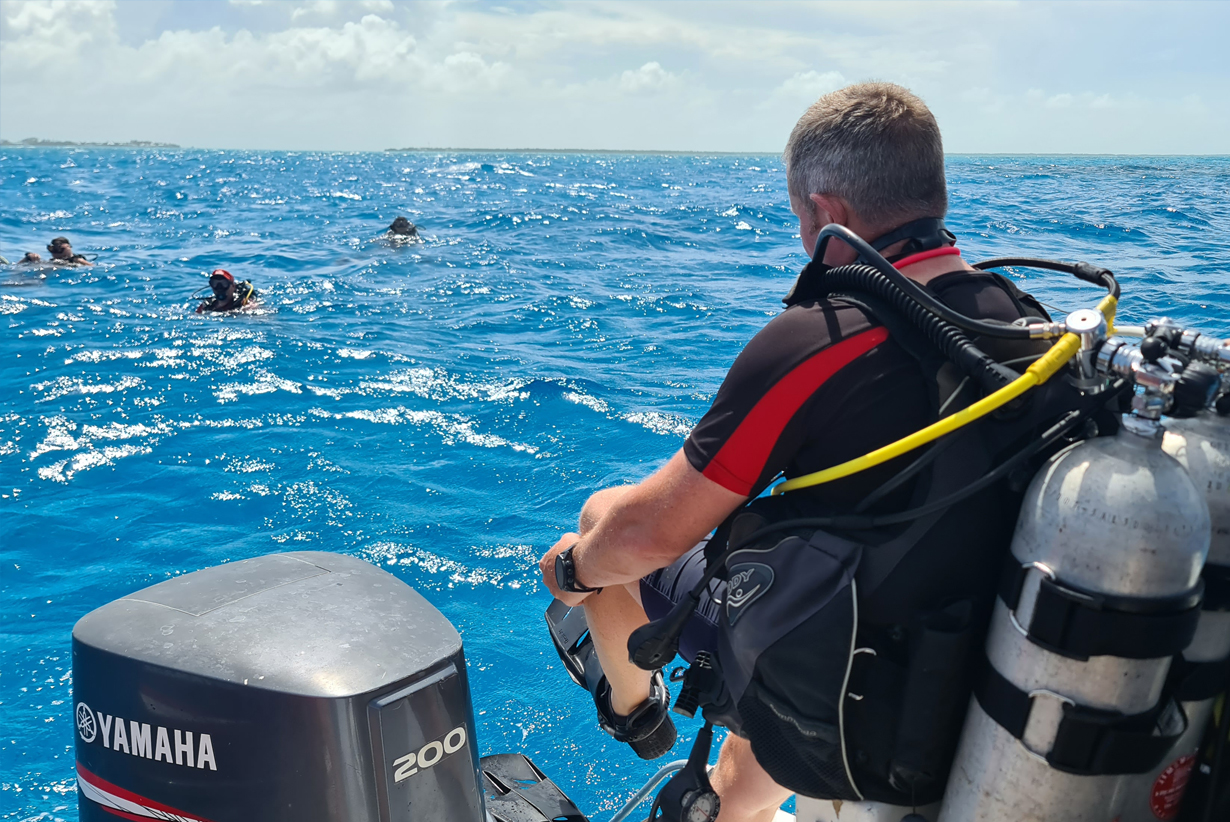
Three team members attained the BSAC Sports Diver qualification, navigating depths of 40m. Having completed theoretical training, these divers adeptly responded to an injured diver scenario, managed additional cylinders underwater, and undertook the requisite planning for deeper dives with decompression stops.
Lance Corporal Franklin, a Sports Diver, recommended SCUBA diving for Adventure Training and highlighted its transformative effect on overcoming fears and appreciating the serenity of the ocean.
Three participants worked towards their Dive Leader or Advanced Diver qualifications, engaging in lectures, risk assessments, and leading and managing multiple dives. Their additional qualification in oxygen administration qualifies them as Collective First Aiders, allowing them to act as safety divers during training and support the instruction of unqualified divers under the guidance of an instructor.
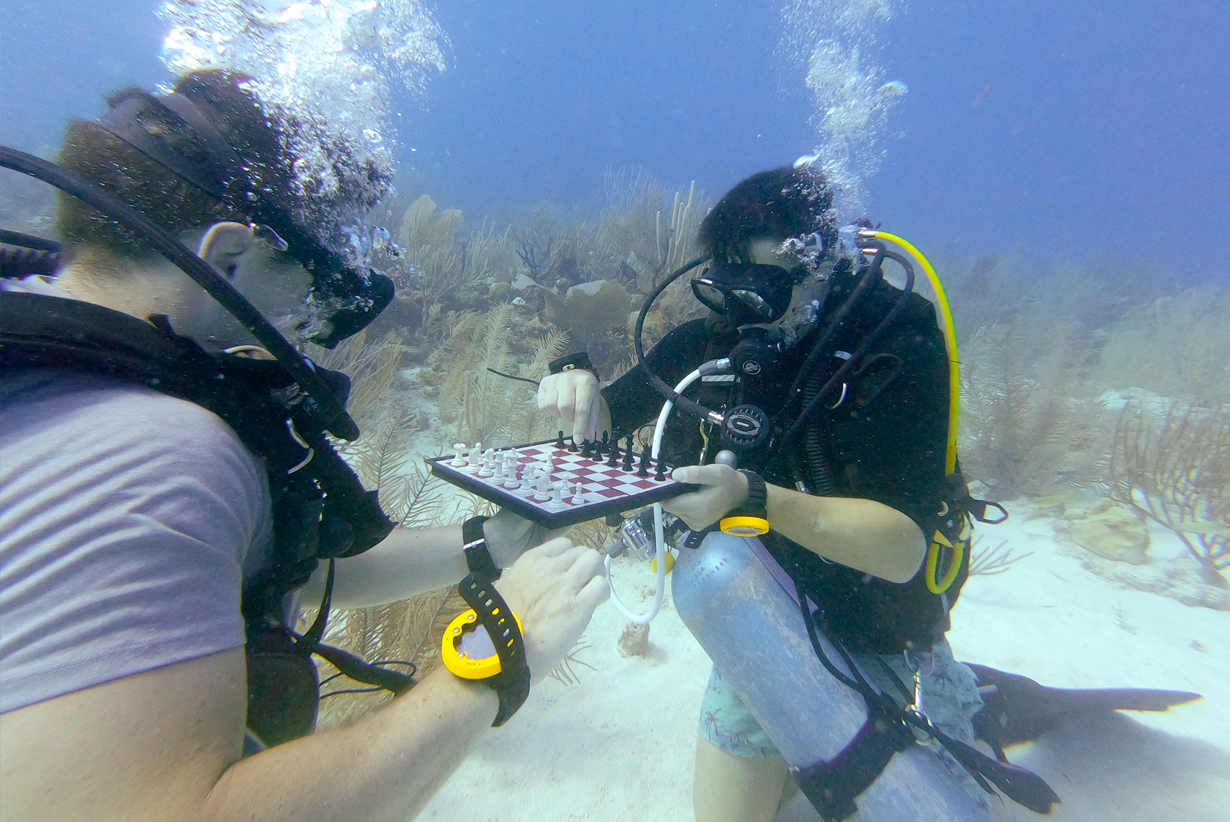
Staff Sergeant Dove, a Dive Leader, reflected on the expedition as a platform for honing leadership skills, specifically in planning and delivering dive briefs and leading underwater exercises. Expressing gratitude for the opportunity, SSgt Dove aspires to obtain instructor qualifications to contribute more actively to future expeditions.
Beyond diving, the expedition embraced conservation and historical studies, collaborating with Sea Sports Belize for additional tutoring on the island’s history and reef ecology. Presentations on British Honduras history, Burnaby’s Code signing, and the Battle of Saint George’s Caye added depth to the participants’ cultural and historical understanding. Marine species encounters, including bottlenose dolphins, nurse sharks, reef sharks, green sea turtles, stingrays, and a myriad of reef fish, enriched the divers’ experiences.
In a gesture of environmental stewardship, the expedition conducted a beach clean along the shores of Saint George’s Caye, contributing to marine conservation and expressing gratitude to their gracious hosts.
The expedition served as a unique opportunity to attain Adventure Training qualifications, foster team cohesion, and cultivate mental resilience in an unforgettable and challenging environment. The resounding success of the expedition has left an indelible mark on all participants, who eagerly anticipate their next underwater challenge. Their gratitude extends to the sponsors and organisations that made this transformative experience possible.
